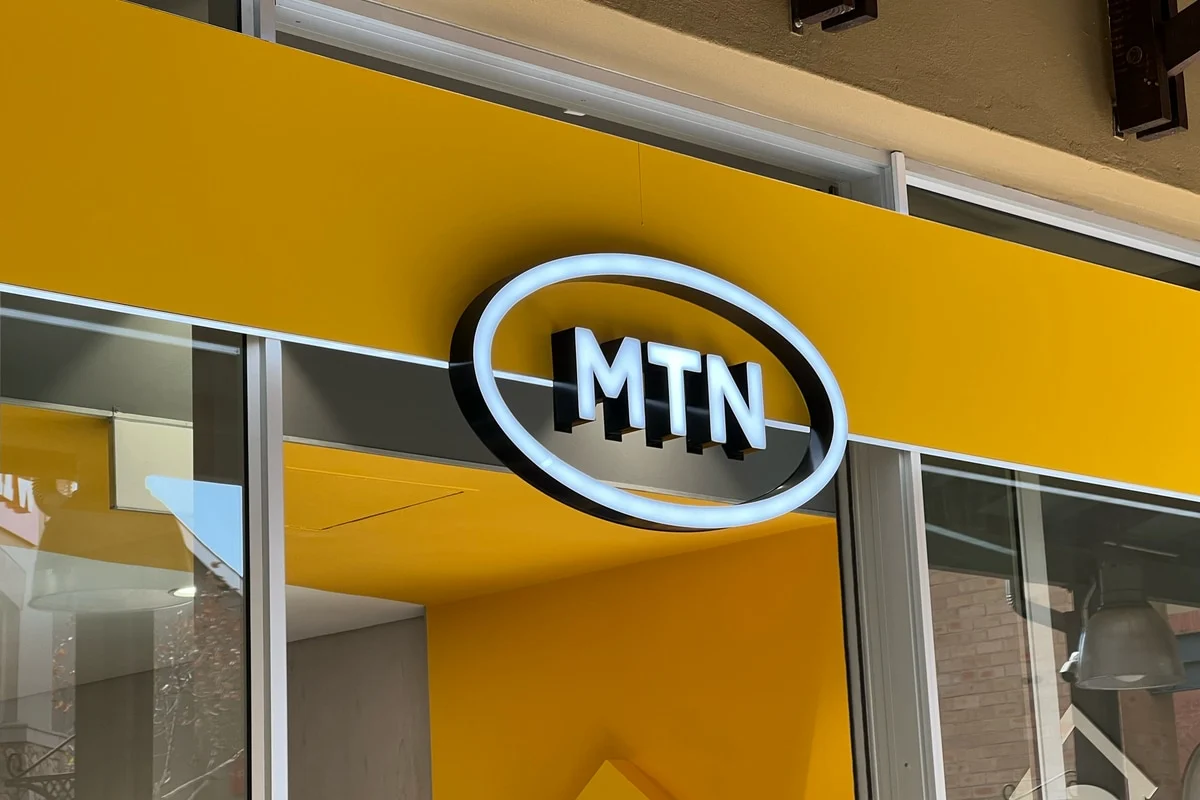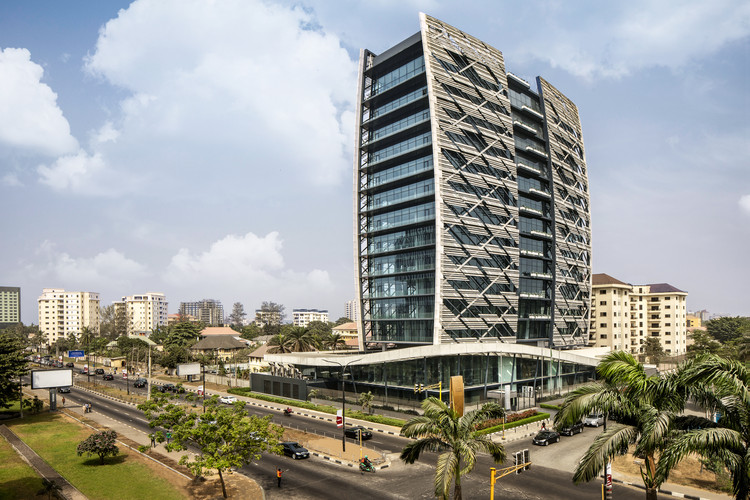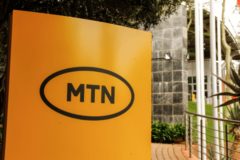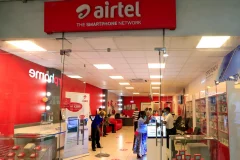Like its telco counterpart, Airtel Africa, MTN Nigeria’s books have taken a beating in its profits for the half year ended June 30, 2023. MTN’s CEO cites the challenging environment, inflation and naira devaluation as the reason for a slump in its results.
According to a financial statement published on the Nigerian Exchange Group (NGX), MTN Nigeria has reported a drop in its H1 result in 2023— January 1 to June 30, 2023. MTN reported a 29.14% decline in its profit for the period under review of ₦128 billion, compared to ₦181 billion during the same period in 2022. Conversely, the telco’s revenue grew by 21.96% to ₦1.15 trillion in H1 2023, compared to ₦950 billion in the same period in 2022.
Commenting on the financial performance, MTN Nigeria’s CEO, Karl Toriola, stated that operating conditions in the first half of 2023 remained challenging with energy, food, and general inflation at elevated levels. This was due to the ongoing adverse global macroeconomic and geopolitical environment, the cash shortages experienced in Q1, forex volatility and supply chain uncertainties witnessed during the period.
“Following the inauguration of President Bola Ahmed Tinubu in May 2023, swift reforms were implemented to remove the fuel subsidy and liberalise foreign exchange management, to bolster investor confidence and drive growth and investment in Nigeria. These policy reforms are expected to be positive for the economy in the medium to long term. However, in the short term, they have created additional financial burdens on consumers and businesses, and these will be fully reflected in the pressures on our margins in H2,” Toriola said.
Toriola explained that MTN had robust commercial and financial performances in H1 and would continue to invest in the business to further improve the quality of their delivery. The MTN boss said H1 helped the telco gain 1.5 million new subscribers, taking its total tally to over 77 million subscribers. Already the firm prioritised enhancing the capacity and coverage of its 4G and 5G networks. According to its CEO, 4G traffic constituted 82.5% of its total data traffic while 5G constituted 21% on all 5G-colocated clusters. In all of the wins, higher energy prices and rising costs impacted growth.
“Our margins were impacted by higher energy prices and rising costs, but the impact was moderated by provisions in our tower contracts and the timing of the forex harmonisation. Notwithstanding, we will continue to execute our commercial strategy with a focus on unlocking efficiencies and driving operating leverage to support growth in earnings, cash flow, and returns over the medium term,” the report read. It stressed that unrealised forex losses included in its net finance charges affected the telco, adding that there was no impact on EBITDA due to the quarterly nature of its tower contracts. However, it expects full impact by the end of H2.
Mobile services
The telco’s financial statement also reported that its services revenue grew by 21.6%, driven by voice revenue growth of 12.1% and data revenue growth of 34.9%. Active mobile money (MoMo PSB) wallets grew by 1.1 million in H1 to 3.1 million. Currently, its total number of registered MoMo PSB wallets is now over 22 million, powered by 227,000 MoMo agents, and 38,000 merchants in its ecosystem.
TechCabal had recently reported that the MoMo service still requires more adoption. Nonetheless, its data customers saw a 11.5% increase to 41 million and a 52.2% increase in Ayoba subscribers to 7.2 million.
Outlook
The group looks to prioritise three things: its network, MoMo PSB, and the acceleration of 4G, 5G and rural coverage to expand their network base. It stressed that the outlook for the full year 2023 will depend on the impacts of the levels of the exchange rate and the new VAT on tower leases effective September 2023. “The extent of these factors remains the key nearer-term risk to our medium-term guidance,” the report read.






















